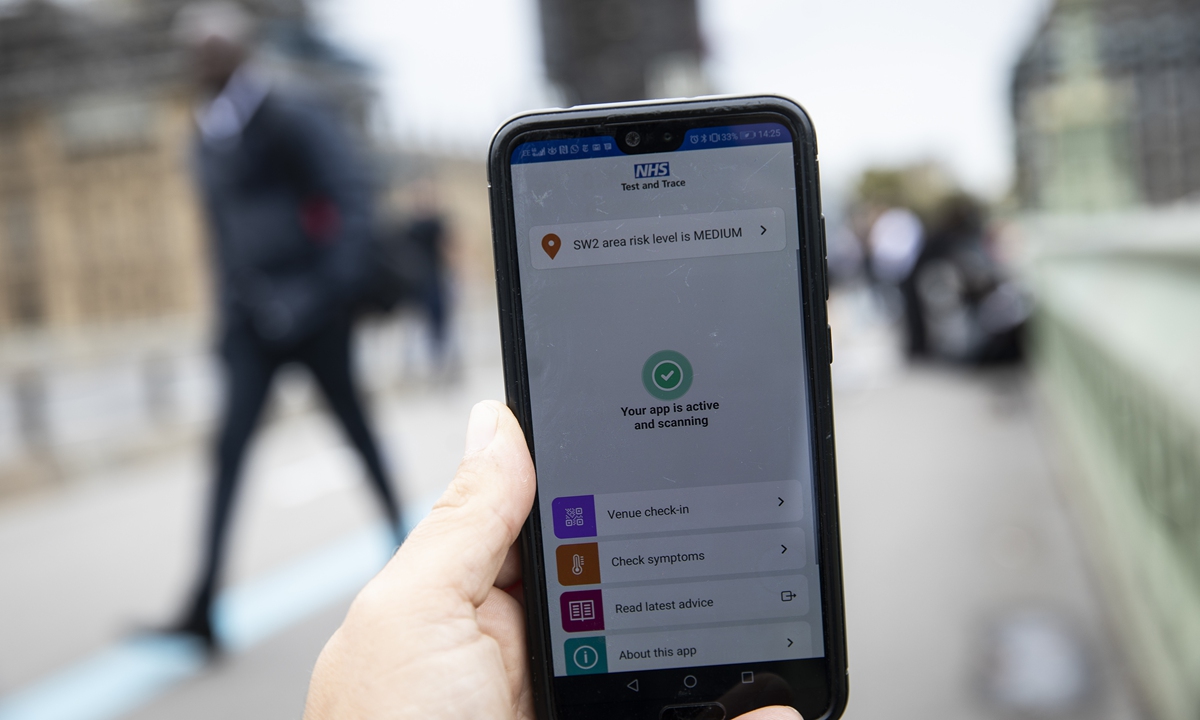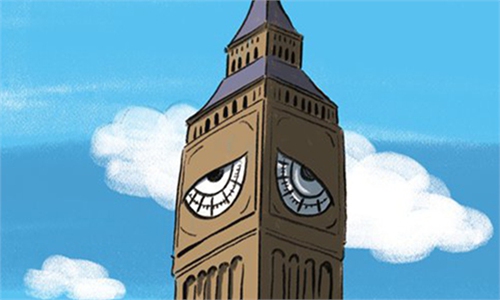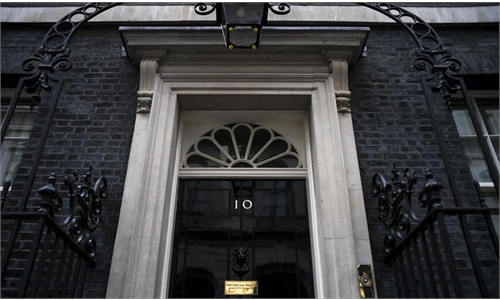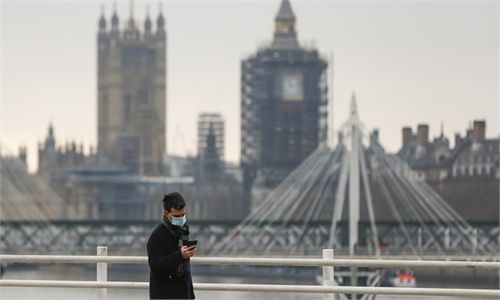A stark divide in people's use of COVID-19-related technology such as contact-tracing apps risks disenfranchising some of Britain's most disadvantaged communities, researchers said on Thursday, calling for a more inclusive approach to digital health.

The most clinically vulnerable, poorest and oldest were most likely to lack technology access, said the report by the independent research body.
"This has the dual effects of making their needs and interests invisible, and of disenfranchising them from consideration in the design and development of technologies," said the institute's Reema Patel, who led the research.
"Closing the data divide must start with closing the digital divide," she told Reuters.
The study comes amid increasing concern that the pandemic has exacerbated health and social inequalities.
The Ada Lovelace Institute, which aims to ensure data and artificial intelligence (AI) work for everyone, said even if people had access to a smartphone or broadband, lack of digital literacy could leave them unaware of what tools were available.
Three-fifths of those polled had not heard of symptom-tracking apps, and more than half did not know about mental health apps or online services for booking medical appointments.
Patel said there was a long-term danger that public health decisions informed by data collected from apps would further marginalize sections of society that could not access them.
"This risks perpetuating inequalities that existed before the pandemic and that have become more and more pronounced during the pandemic," she added.
More than half of people in the poll of 2,023 adults, supported by the Health Foundation charity, also said vaccine passports would likely lead to discrimination against ethnic minorities, LGBT+ people and those in precarious work, among others. Britain is reviewing the idea of vaccine certificates allowing travel.

A mobile app for contact tracing in the UK Photo: VCG
Nearly a fifth of respondents lacked access to a smartphone, 14 percent lacked broadband internet, and 8 percent had neither, hampering their access to key health information and services during the pandemic, according to a UK poll by the Ada Lovelace Institute.The most clinically vulnerable, poorest and oldest were most likely to lack technology access, said the report by the independent research body.
"This has the dual effects of making their needs and interests invisible, and of disenfranchising them from consideration in the design and development of technologies," said the institute's Reema Patel, who led the research.
"Closing the data divide must start with closing the digital divide," she told Reuters.
The study comes amid increasing concern that the pandemic has exacerbated health and social inequalities.
The Ada Lovelace Institute, which aims to ensure data and artificial intelligence (AI) work for everyone, said even if people had access to a smartphone or broadband, lack of digital literacy could leave them unaware of what tools were available.
Three-fifths of those polled had not heard of symptom-tracking apps, and more than half did not know about mental health apps or online services for booking medical appointments.
Patel said there was a long-term danger that public health decisions informed by data collected from apps would further marginalize sections of society that could not access them.
"This risks perpetuating inequalities that existed before the pandemic and that have become more and more pronounced during the pandemic," she added.
More than half of people in the poll of 2,023 adults, supported by the Health Foundation charity, also said vaccine passports would likely lead to discrimination against ethnic minorities, LGBT+ people and those in precarious work, among others. Britain is reviewing the idea of vaccine certificates allowing travel.




